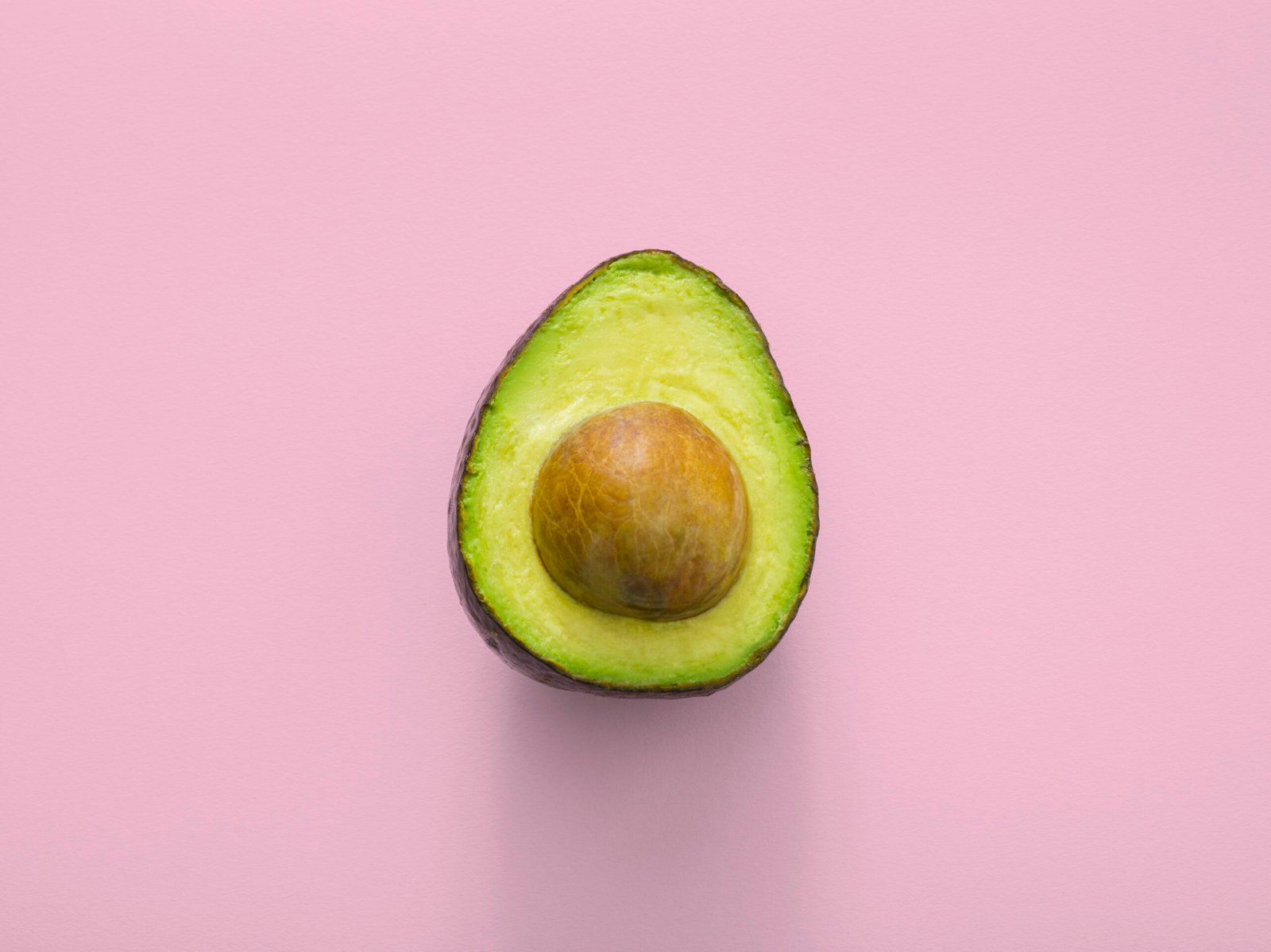Food is an essential part of any culture. Not only does it provide nourishment, but it also serves as a medium through which we celebrate our various traditions, customs, and beliefs. From the flavorful dishes of Mexico to the delicious desserts across Europe, the world’s culinary traditions are vast and varied. Preserving these food customs is not only important for connecting the present generation to the past, but it is also essential for keeping those traditional flavors alive and loved for generations to come! In this article, let’s explore how people around the world can preserve their food traditions, through the act of passing down recipes and culinary heritage.
1. Taste the Traditions: Exploring the World of Heirloom Recipes
Cooking and eating have long been part of family and community traditions. There’s something special about exploring the world of heirloom recipes. Every dish carries a unique flavor and a story to tell, from the origin point to your table.
Heirloom recipes are passed down from generation to generation, providing an invaluable link to our past. If you ever feel disconnected from life and want to feel a sense of belonging, being rooted in tradition can be an enriching experience.
Step into the world of heirloom recipes:
- Delight yourself with traditional dishes from cultures near and far
- Learn about the backstory of ingredients and histories behind favorite dishes
- Discover the art of preserving recipes, methods, and stories
- Experiment with new flavours while embracing the familiar
Being the steward of a recipe can be a beautiful and rewarding experience. From knowing where to source ingredients to perfecting the steps involved in the recipe, your bond with the dish will deepen. If you have a passion for discovering your ancestry, tracing your culinary roots can be a life-enriching journey.
As you explore the world of heirloom recipes, you may be inspired to create your own! Whether you create a twist on a classic family recipe or invent an entirely new dish, take pride in keeping your culinary traditions alive.
2. Building a Love For Food Through Generations
Food is often a source of comfort and connection among family members, something that is passed down from generation to generation. It is also something that binds us as a community, holding special meaning for both cultures old and new. Families have been creating beloved recipes that bring loved ones together for hundreds of years, creating lasting memories through the delight of enjoying something that has been crafted with love.
Cooking and baking at home is a fun way for families to come together and create something that is truly memorable. It is also an opportunity to share stories and learn about different cultures. Learning about our heritage and family history through cuisine can deepen our appreciation for our ancestors and their culinary creations. It also gives us a unique opportunity to sample the tastes of our ancestors and celebrate their legacy.
Here are a few creative ways to create a shared love of food through generations:
- Hold a family cooking day to create a new signature dish.
- Visit a local market that sells ingredients from different cultures.
- Research beloved family recipes and recreate them for special occasions.
- Gather your family and take a cooking class together.
- Hold a family movie night featuring cuisine from around the world.
Building a shared love of food through generations has the power to create a strong bond within the family while also preserving cherished memories. As families share meals and stories, a special relationship develops that is often kept alive for years to come.
3. Honoring Our Ancestors’ Culinary Legacies
What better way to honor our ancestors than by remembering their culinary legacies? Many of us are lucky enough to have inherited recipes and cooking techniques that stretch back generations and cross continents. Here are just a few ways to keep our ancestors’ culture alive:
- Revive Traditional Recipes: Browse through the family recipe books and dig out those old-school recipes. Spend a day cooking up classic dishes—the ones that have been passed down from generation to generation. There’s no better way to honor our ancestors than by keeping their dishes alive!
- Learn from Elders: Reach out to elderly relatives and ask them to teach you more about your family’s food history. Spend time with them in the kitchen and have them show you how to make classic dishes. They may even have a few techniques that aren’t documented in any book.
- Adapt Favorite Recipes: Perhaps there’s an old recipe that’s not quite vegan-friendly or Paleo-friendly. That’s ok! Think of ways to adapt the original, still staying true to its flavors and meaning. Incorporating plant-based ingredients into traditional recipes is a great way to honor our ancestors.
One can also honor our ancestors by researching and understanding their culture’s culinary background. Discover the ingredients and herbs that were used in the kitchen and explore stories about how these foods came to be. Learning about our culinary past helps us to better appreciate its meaning.
Finally, there should be no limit to how we honor our ancestors’ culinary legacy. We should share our stories and recipes to create a living history that will inspire others to do the same. Our heritage is too important to forget its food roots.
4. Savor the Flavor: Keeping Old Recipes Alive
We all have our own recipes, the ones we’ve grown up with, the ones our parents or grandparent’s passed down through generations. From traditional family meals to the occasional secret recipe, these recipes have been cooked with love and memories that we cherish to this day.
Especially during the holiday season, these beloved recipes come out of the depths of the cupboards and fill our bellies and hearts with happiness. However, they can be hard to keep up with. If you don’t make them often enough, chances are the recipe will slowly fade away.
The key to preserving these recipes is to make sure they are cooked regularly. This doesn’t necessarily mean you have to make them every holiday or special occasion. One way is to hold a special family dinner, turning a regular Sunday night into a nostalgic and tasty evening.
Another great way to keep these recipes alive is to document them for future generations. There are plenty of ways to do this! Making a recipe binder with your family’s favourite recipes is a great way to start. You can also take pictures of the ingredients and document the cooking steps as you go. It doesn’t have to be perfect, as long as it’s your own.
In today’s world, it can be easy to forget the recipes of the past. But having an old family recipe is a connection to a time that’s gone and cherishing those memories is a wonderful thing. So next time you whip out that recipe book, take a moment to savor the flavor and keep those old recipes alive.
Preserving our food traditions is an important way to honor our culinary heritage. In times like these, by sharing recipes and mouth-watering dishes, we can connect with our past and bring a piece of history into our homes and onto our dinner tables. Appreciating and protecting these shared cultural heritages encourages us to explore, experiment, and to celebrate the unique culinary traditions that make life a little bit sweeter.




